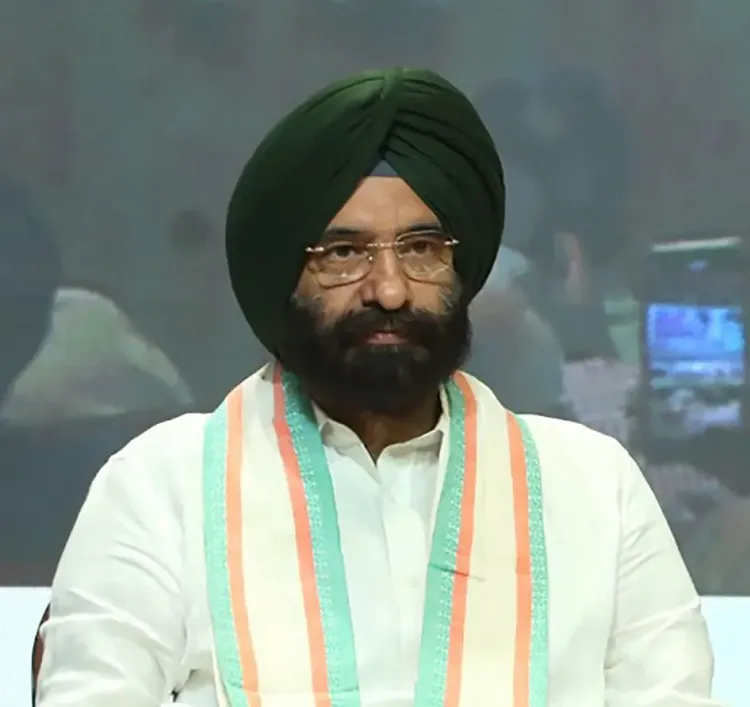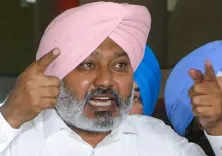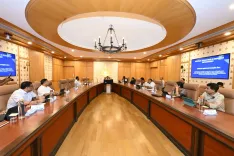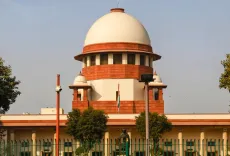Is the Fuel Ban Deferral a Major Relief for Delhi?

Synopsis
Key Takeaways
- Fuel ban on End-of-Life vehicles deferred until November 1, 2025.
- Delhi Environment Minister credited Chief Minister for advocacy.
- Concerns raised about ANPR system inconsistencies.
- Need for interstate coordination emphasized.
- Legal repercussions for non-compliance will be enforced.
New Delhi, July 8 (NationPress) Delhi Environment Minister Manjinder Singh Sirsa expressed his satisfaction with the Commission for Air Quality Management’s (CAQM) move to delay the implementation of its fuel ban on End-of-Life (EoL) vehicles, deeming it a significant relief for the residents of the capital.
The updated directive postpones the ban on refuelling older vehicles until November 1, 2025, affecting Delhi and five surrounding NCR districts. This change follows persistent requests from the Delhi government, highlighting various technical and legal issues.
In an interview with IANS, Sirsa attributed the success to Chief Minister Rekha Gupta's dedicated advocacy for a more feasible implementation approach. He stated, “Our concerns have been acknowledged. The previous directive to seize vehicles at fuel stations has been eased. This is a major relief for Delhiites.”
Previously, Sirsa pointed out significant flaws in the original CAQM order, which was supposed to start on July 1. He mentioned inconsistencies in the Automated Number Plate Recognition (ANPR) system, arguing that it could unfairly target certain vehicles while overlooking others due to discrepancies in high-security registration plate data.
He further expressed concerns regarding the lack of coordination with neighboring states, warning that enforcement limited to Delhi could result in fuel smuggling, undermining the policy’s goals.
In a comprehensive letter to the CAQM, Sirsa questioned the definition of “end-of-life” vehicles, suggesting that a car classified as unfit in Delhi might still be operational in other regions of the country.
He cautioned that implementing the policy without regional unity could impact livelihoods and create legal uncertainties under the Motor Vehicles Act.
The CAQM's revised order now lays out a phased timeline: the fuel ban is set to commence in Delhi and five densely populated NCR districts on November 1, 2025, and will expand to the remainder of the region by April 1, 2026.
Vehicles identified through ANPR or other methods will face legal repercussions, including impounding and disposal under the RVSF Rules, 2021.
While the Commission reiterated its commitment to reducing vehicular pollution, it recognized the necessity for operational readiness and interstate collaboration. Currently, the Delhi government has vowed to engage with stakeholders to facilitate a smoother, more equitable transition.





